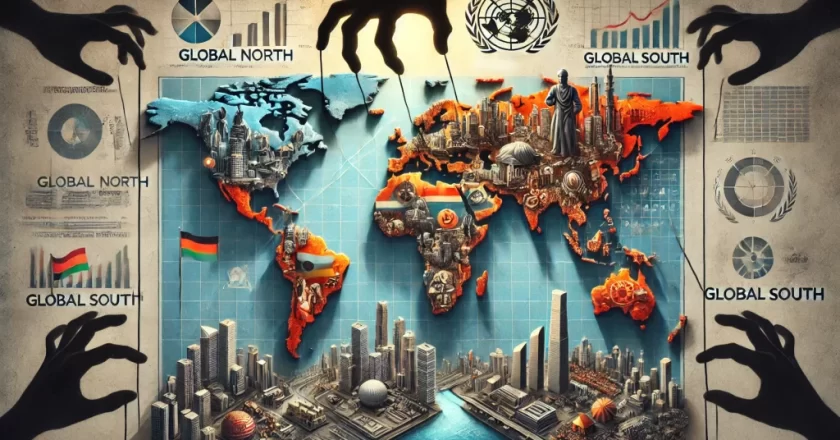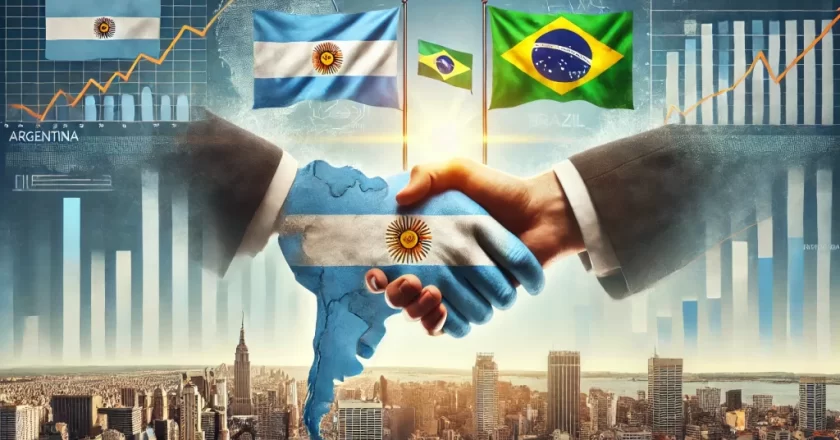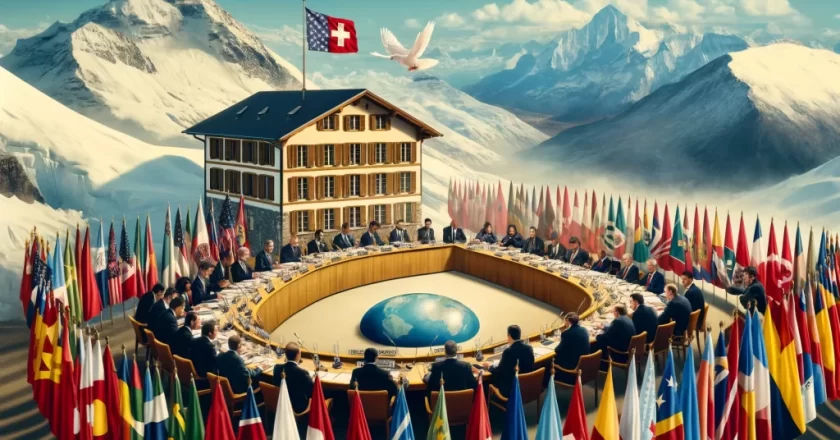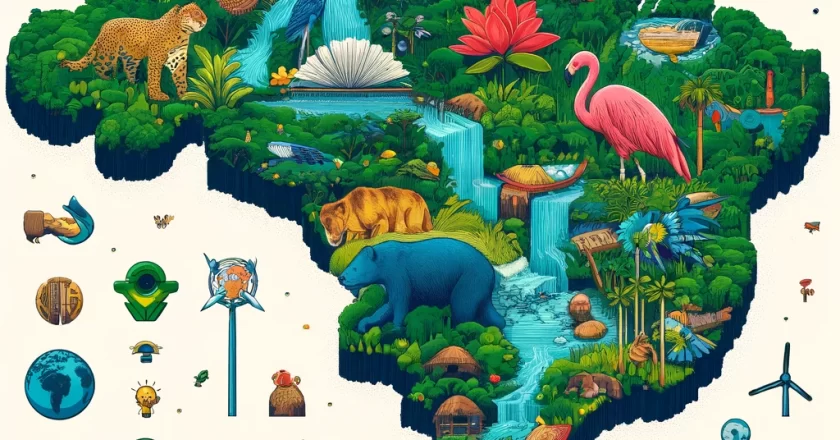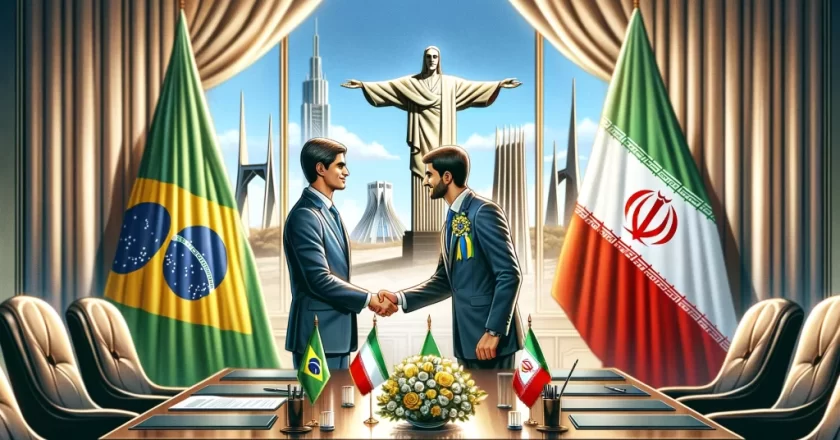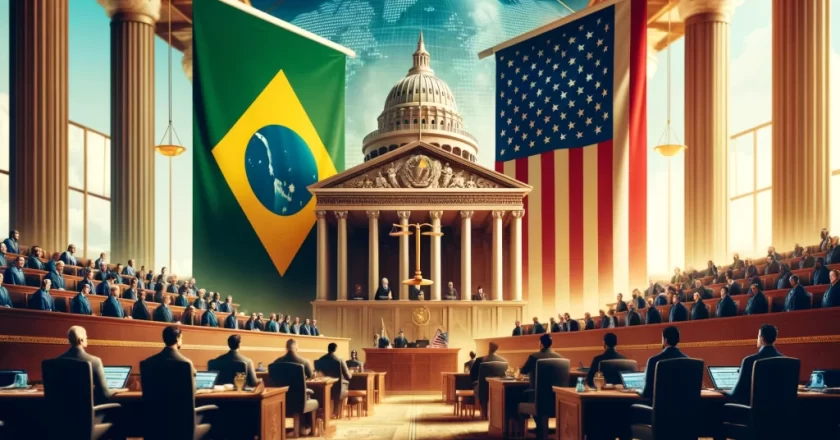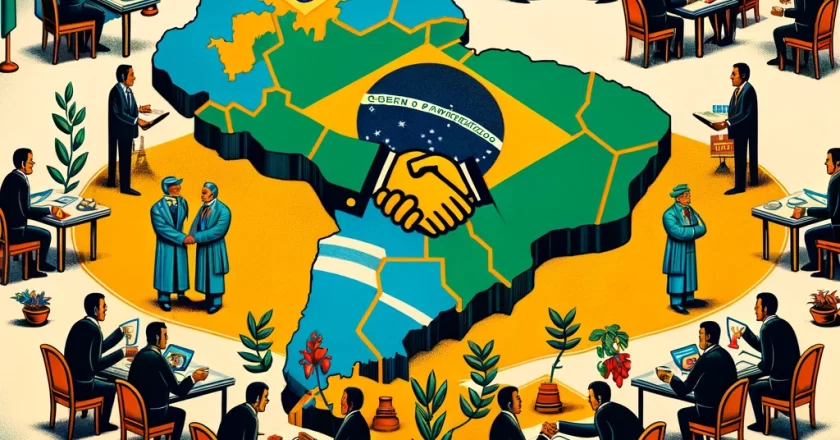Neocolonialism in the 21st century: the perpetuation of inequality between the Global North and the Global South
The term "neocolonialism" refers to a modern form of colonialism where, despite the absence of direct political dominance, Global North countries, also known as core countries, continuam a exercer controle econômico e cultural sobre os países do Sul Global, frequentemente chamados de países periféricos. Esta dinâmica perpetua uma condição de dependência e subdesenvolvimento nos países do Sul Global, mantendo a desigualdade global e reforçando estruturas de poder historicamente desiguais. In this article, exploraremos a relação entre esses blocos, como os acordos de livre comércio impactam negativamente os países do Sul Global e analisaremos estudos que sustentam essas afirmações.
A relação entre os países centrais e os países do Sul Global é marcada por uma dependência eco...

